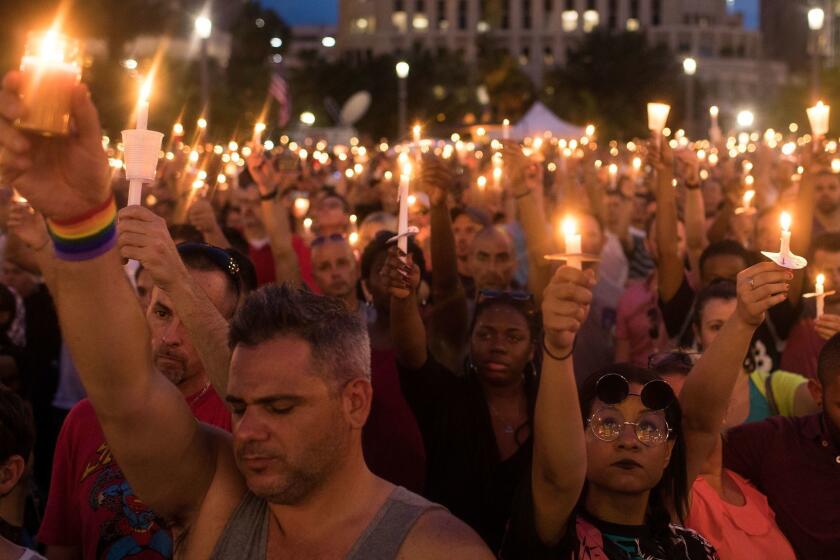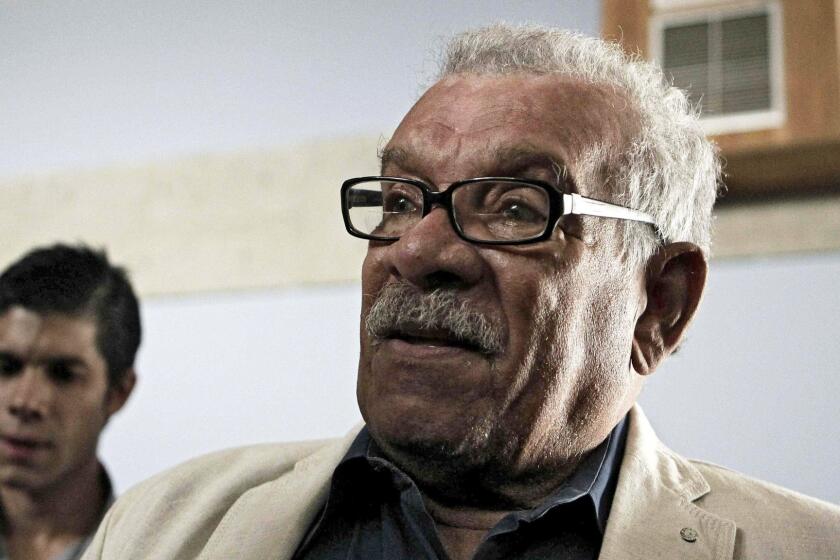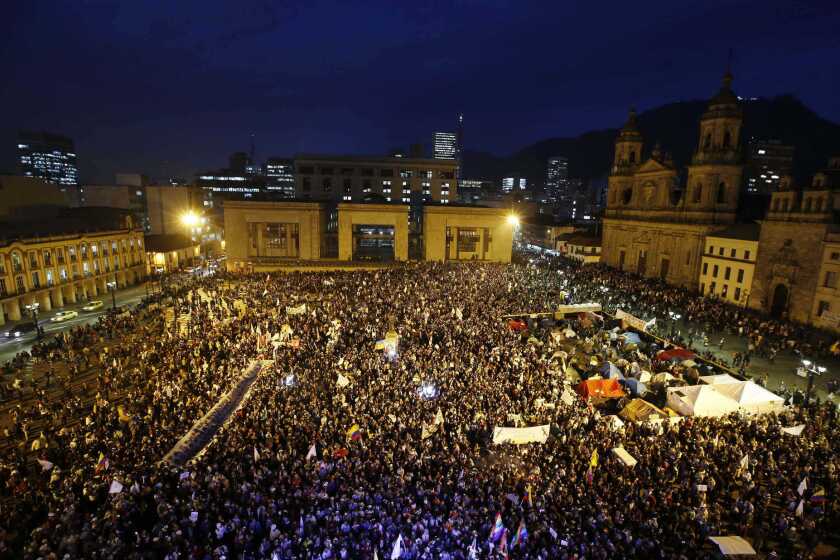
Adriana E. Ramírez
Ramírez was the recipient, in 2015, of the first PEN/Fusion Emerging Writers Prize for the manuscript of “Dead Boys,” a nonfiction work-in-progress that examines how geopolitics manifests in the lives and deaths of young men from the three countries Ramírez calls her own: Mexico, Colombia, and the United States. Once an internationally-ranked slam poet, Ramirez has an MFA in nonfiction from the University of Pittsburgh, where she now teaches in its English department.
Latest From This Author
Weeks before the birth of my son, I’d messaged a good friend — also a writer, also a mother — “So, how soon after giving birth did you find you could get back to work?”
“Bells have rung at vigils after Pulse, and the Charleston church shooting and the carnage at Las Vegas — and they rang again in the aftermath of the massacre at Marjory Stoneman Douglas High School, where another angry well-armed young man unleashed a hail of bullets and took seventeen lives.
In the title story of “The Largesse of the Sea Maiden” by Denis Johnson, an aging ad man struggles with his own relevance: “I note that I’ve lived longer in the past, now, than I can expect to live in the future.
Good nonfiction writers are able to use the smallest details to recreate entire lives.
I discovered Derek Walcott in graduate school after a professor of Caribbean literature recommended “The Prodigal.”
“Colombia changes but remains the same, this is the new face of the same old disaster,” Colombian novelist Fernando Vallejo wrote in “Our Lady of the Assassins” in 1994.
In the book “The Princess Bride” by William Goldman — upon which the same-titled film was based — never has “life isn’t fair” come with such mirth.


